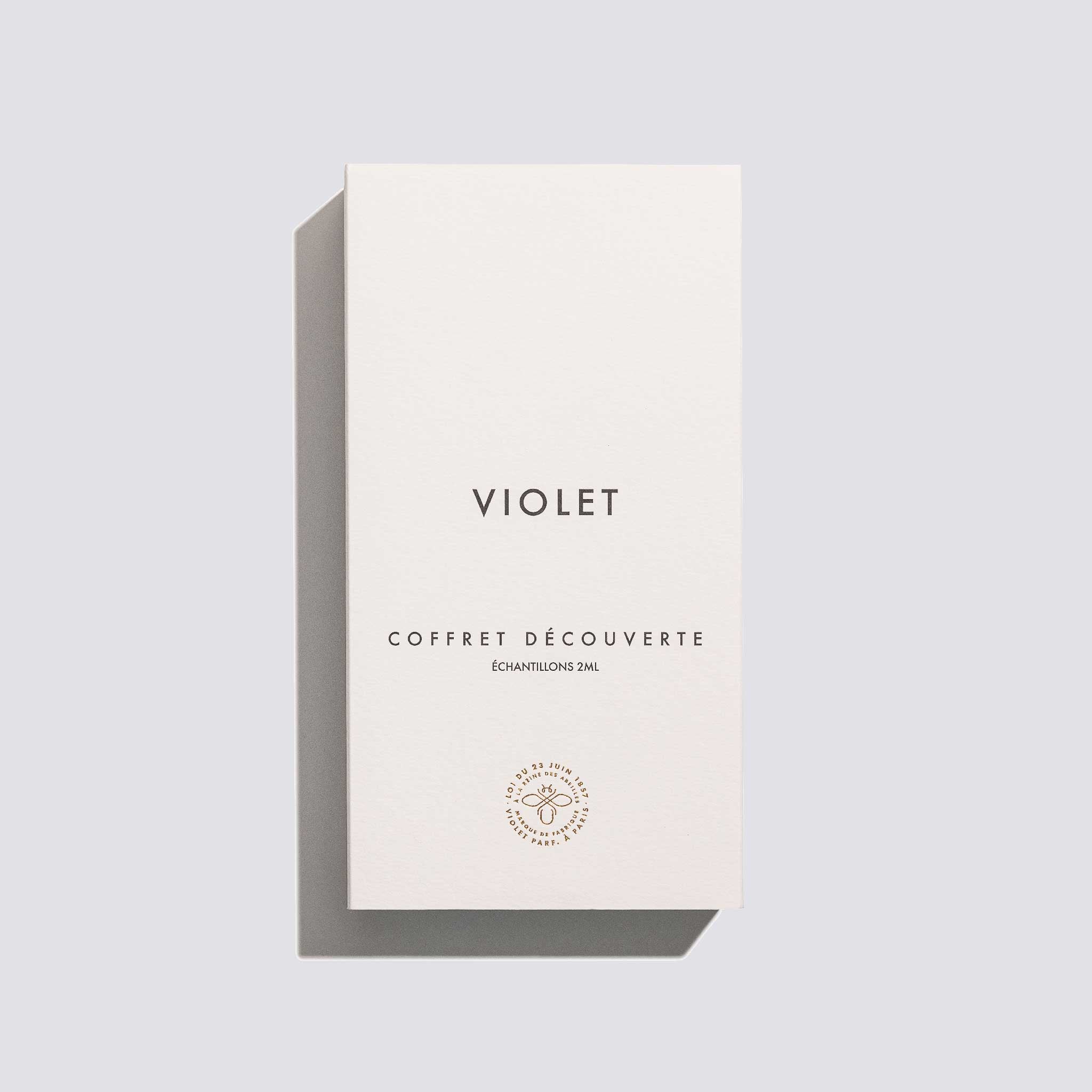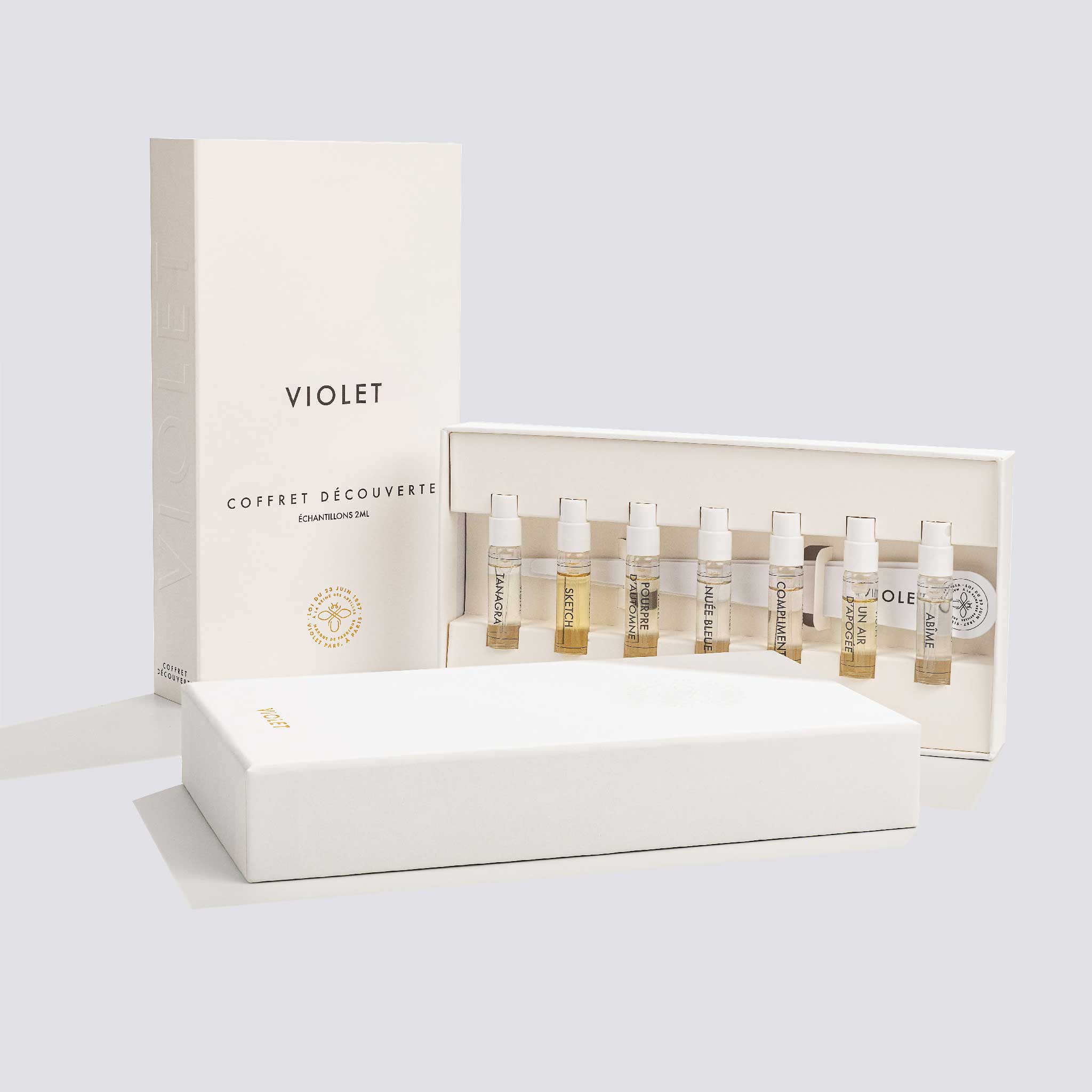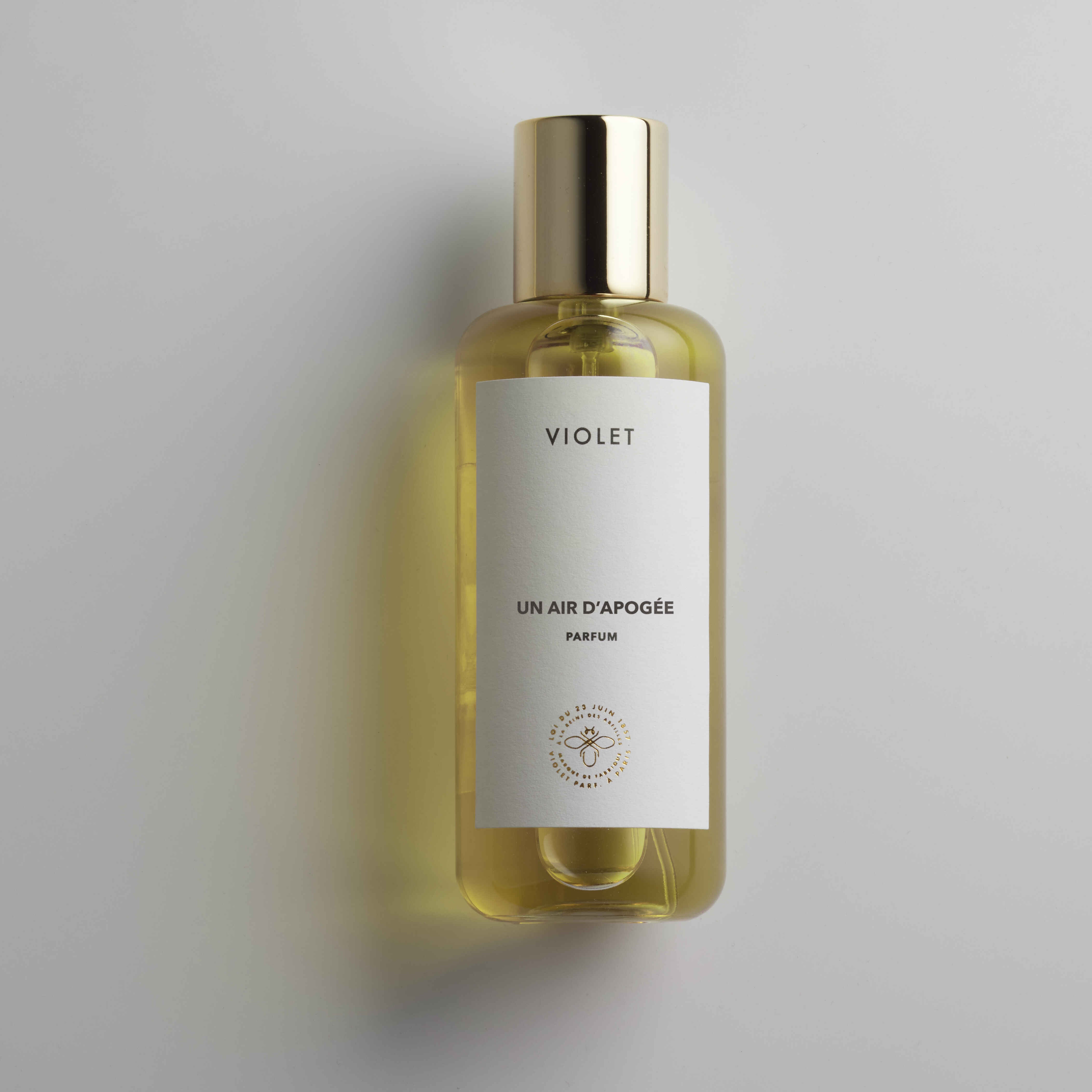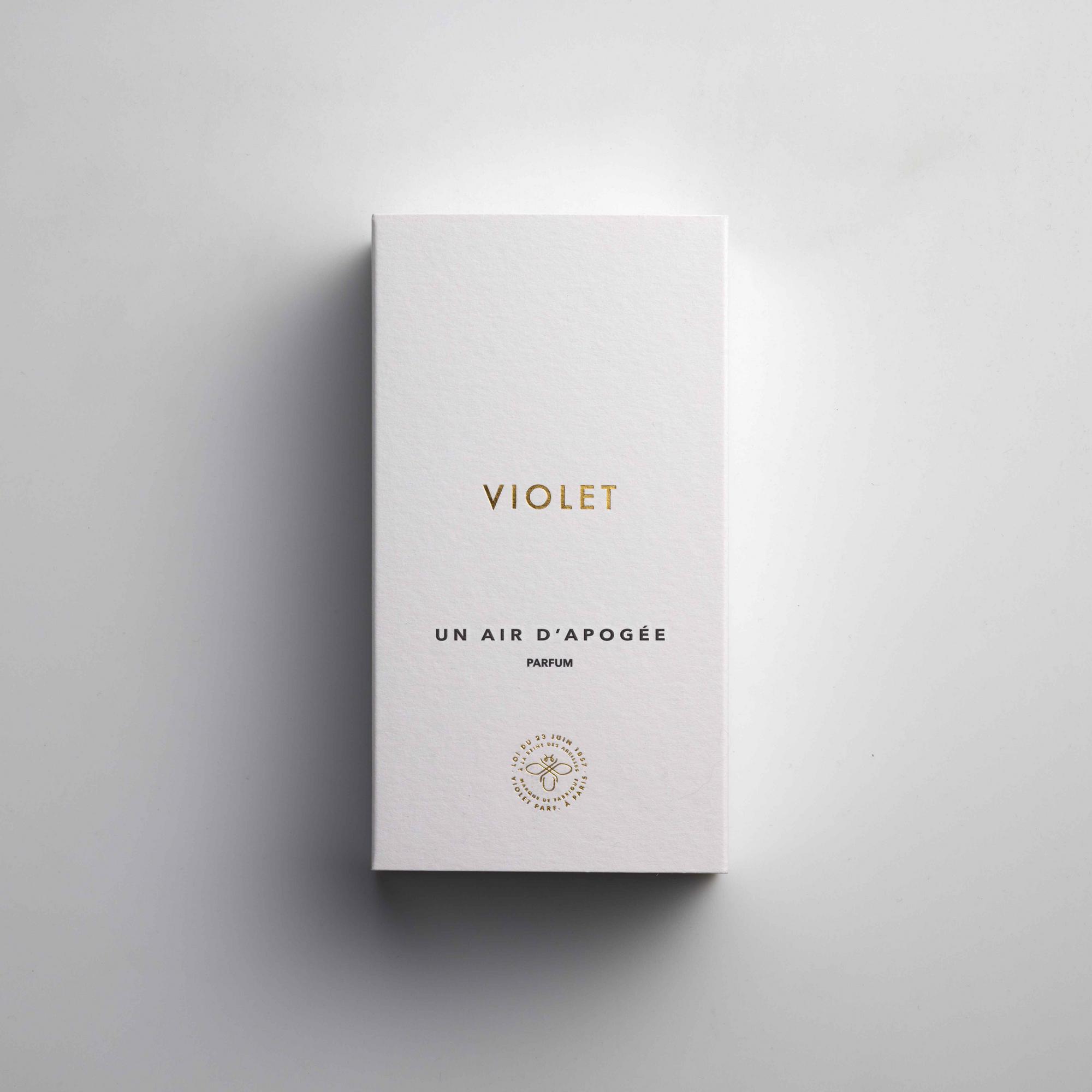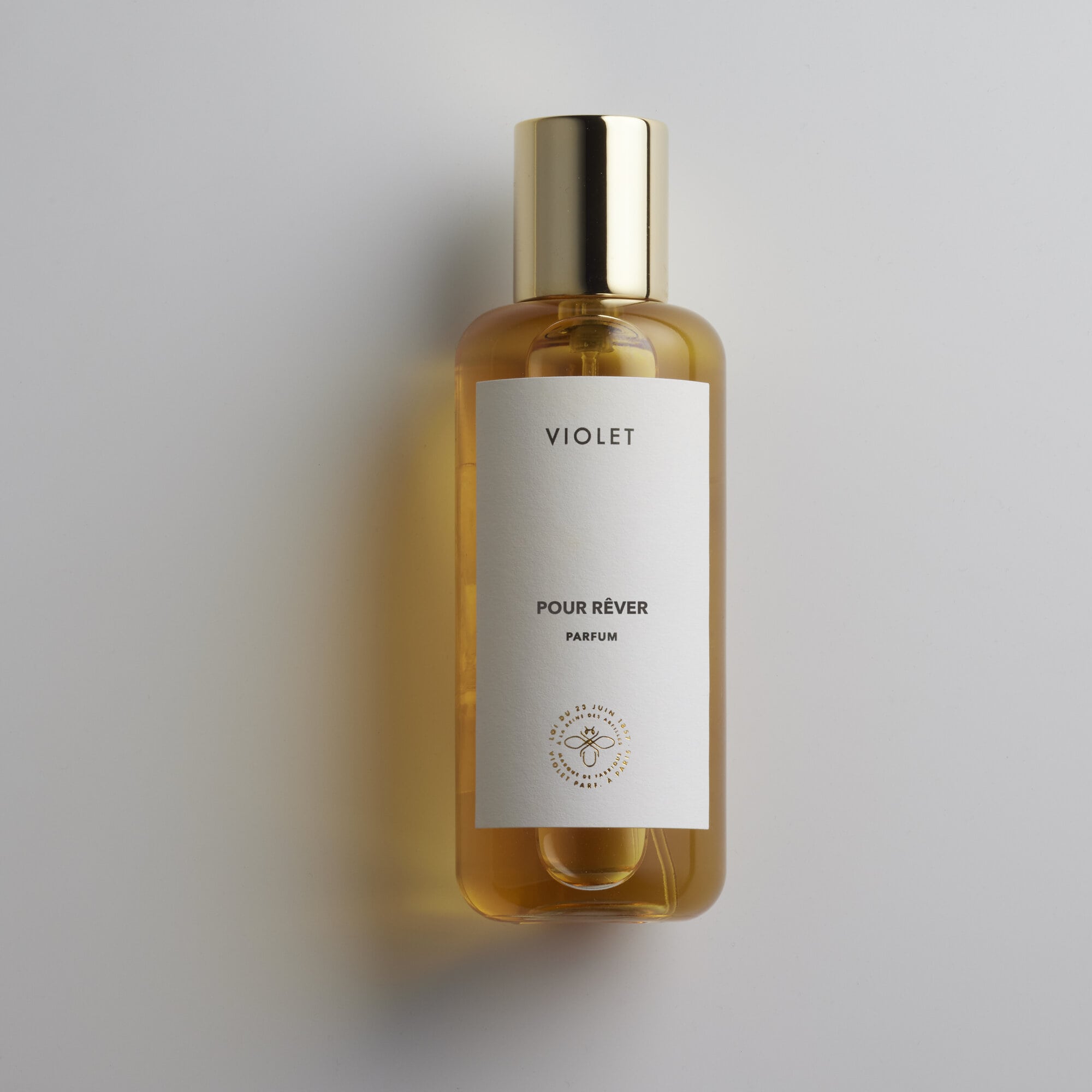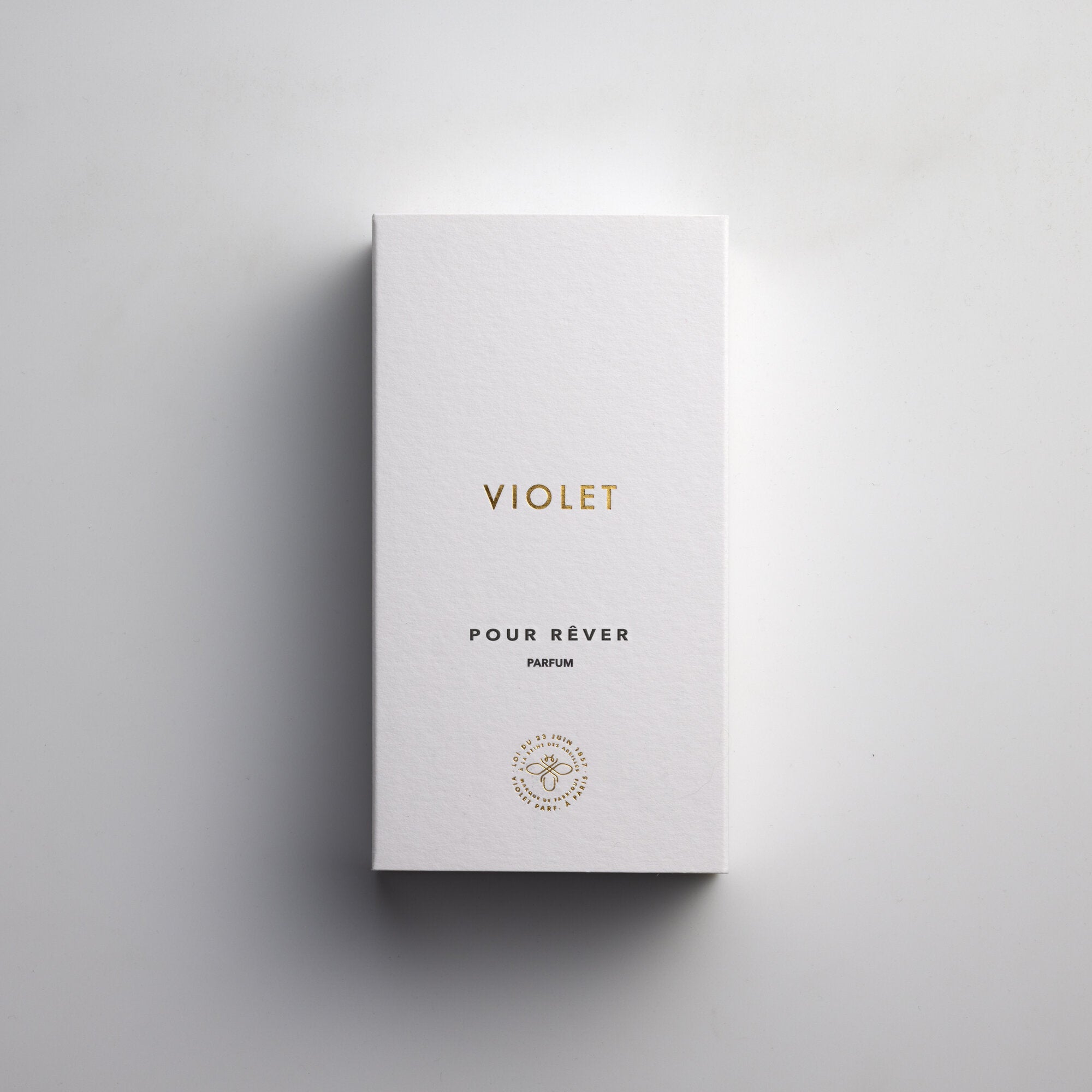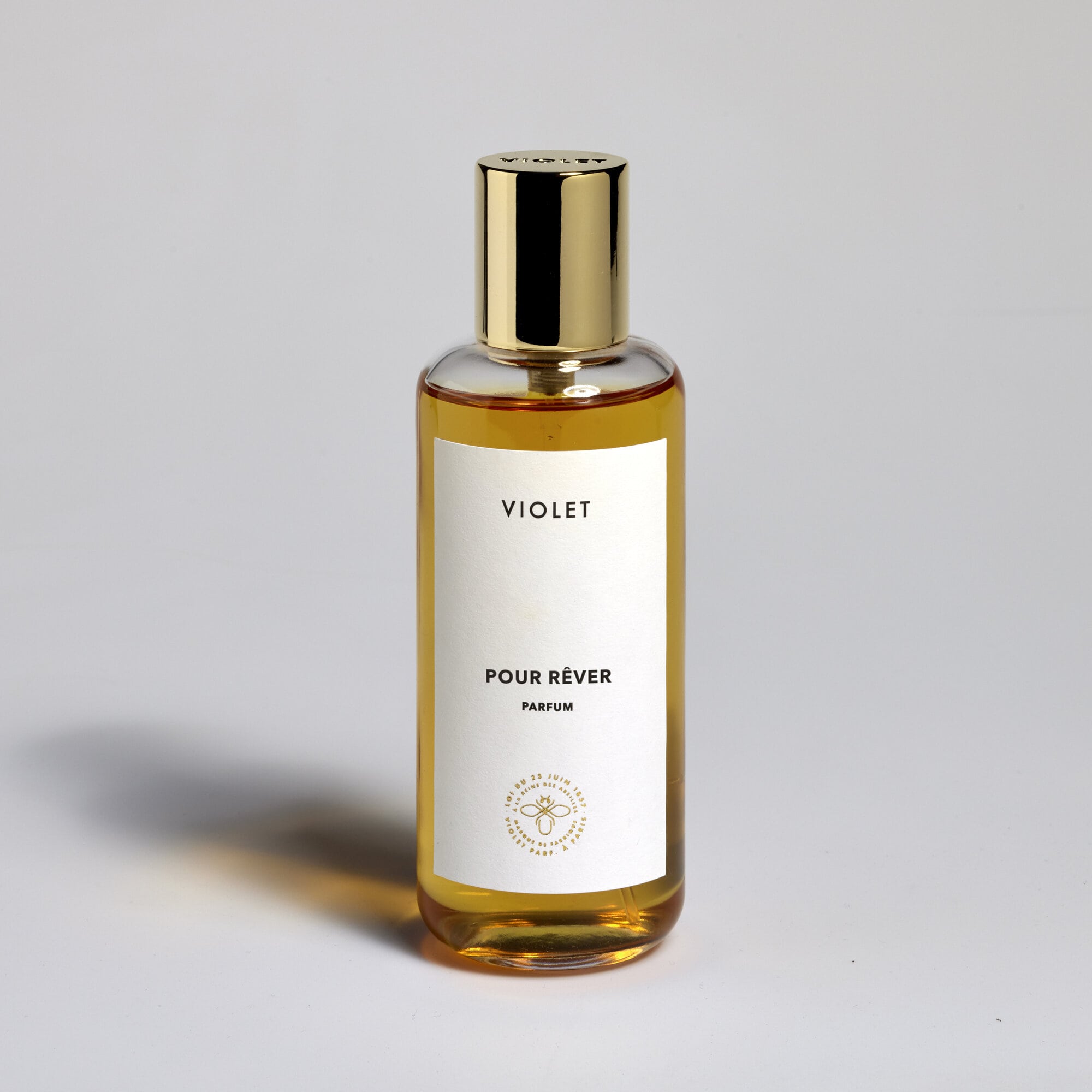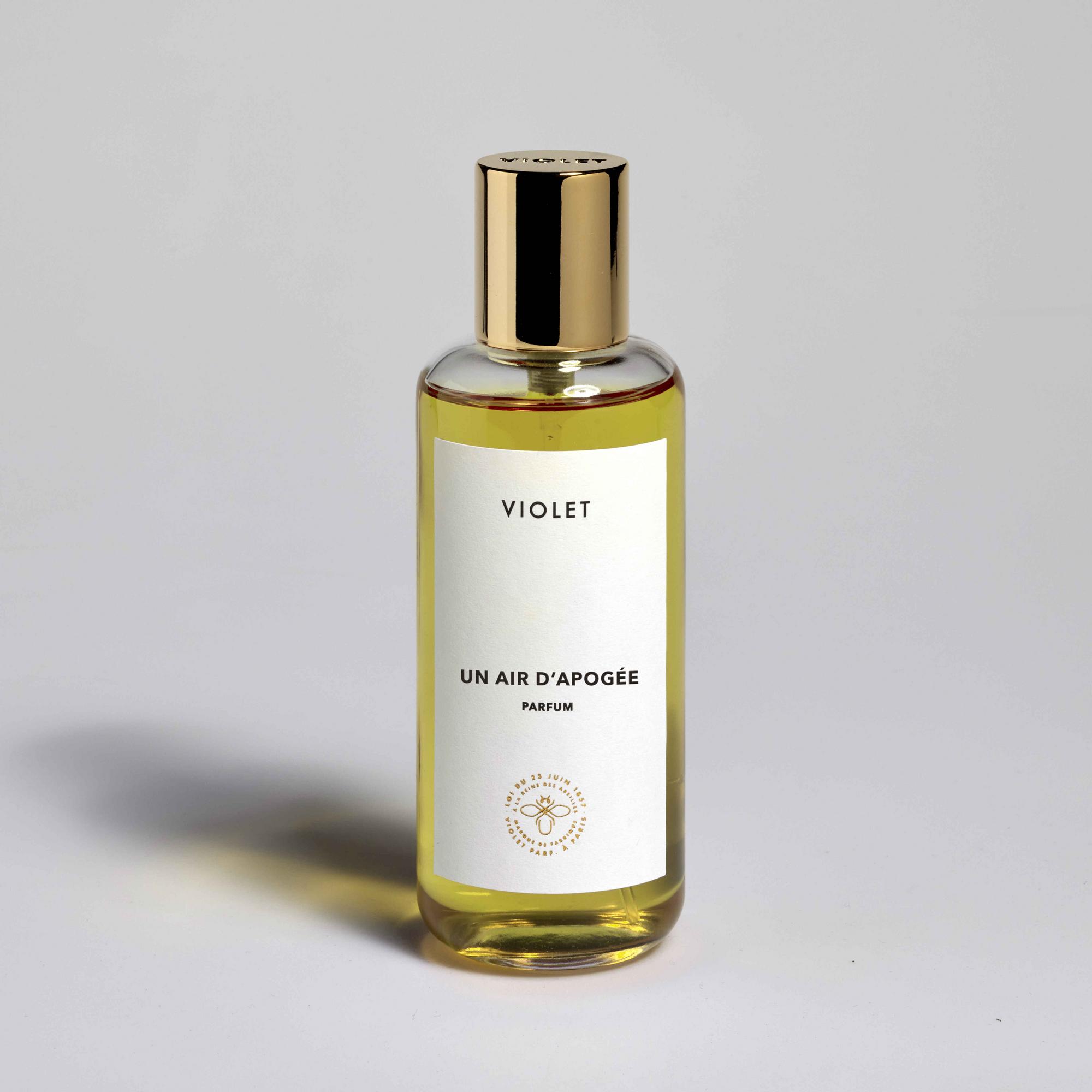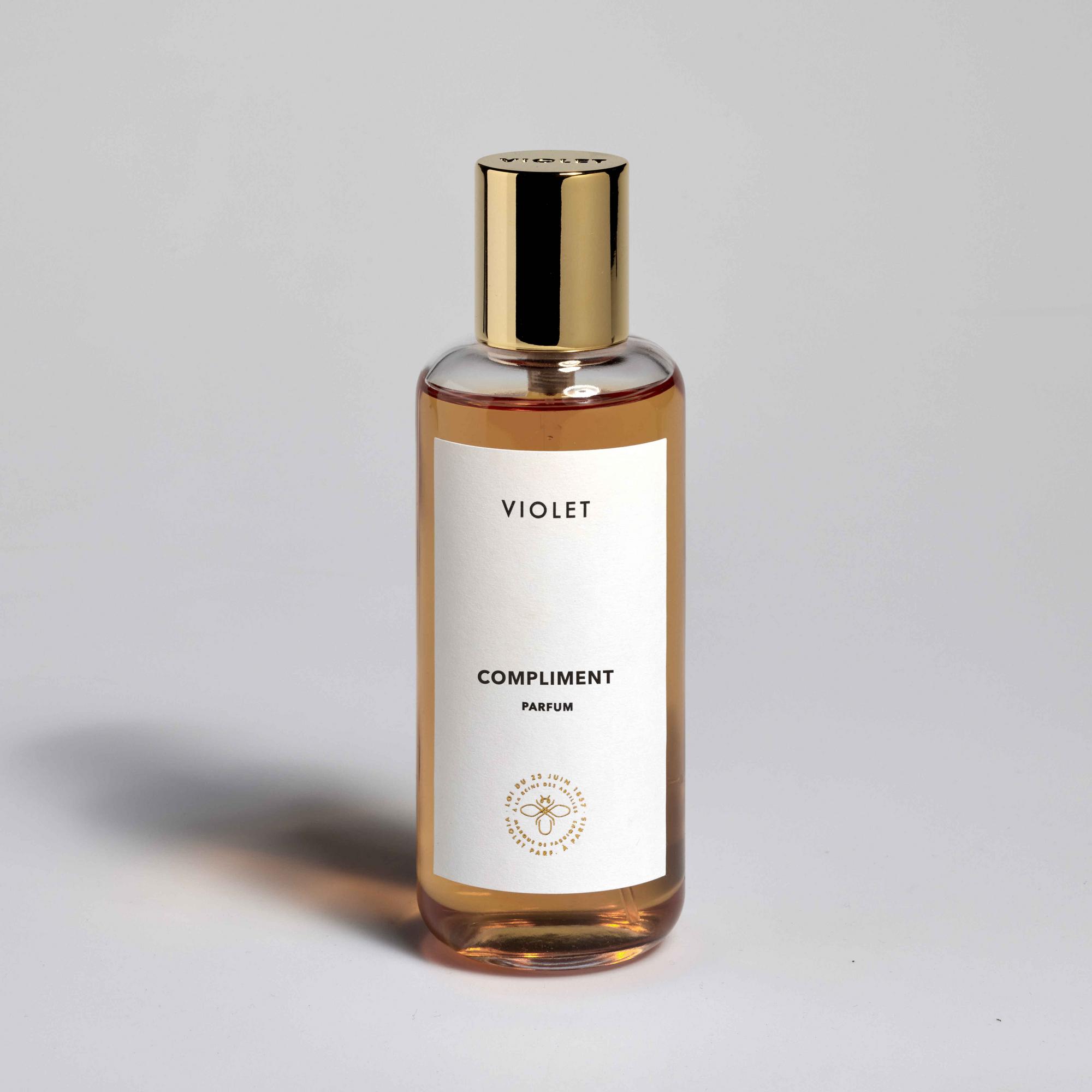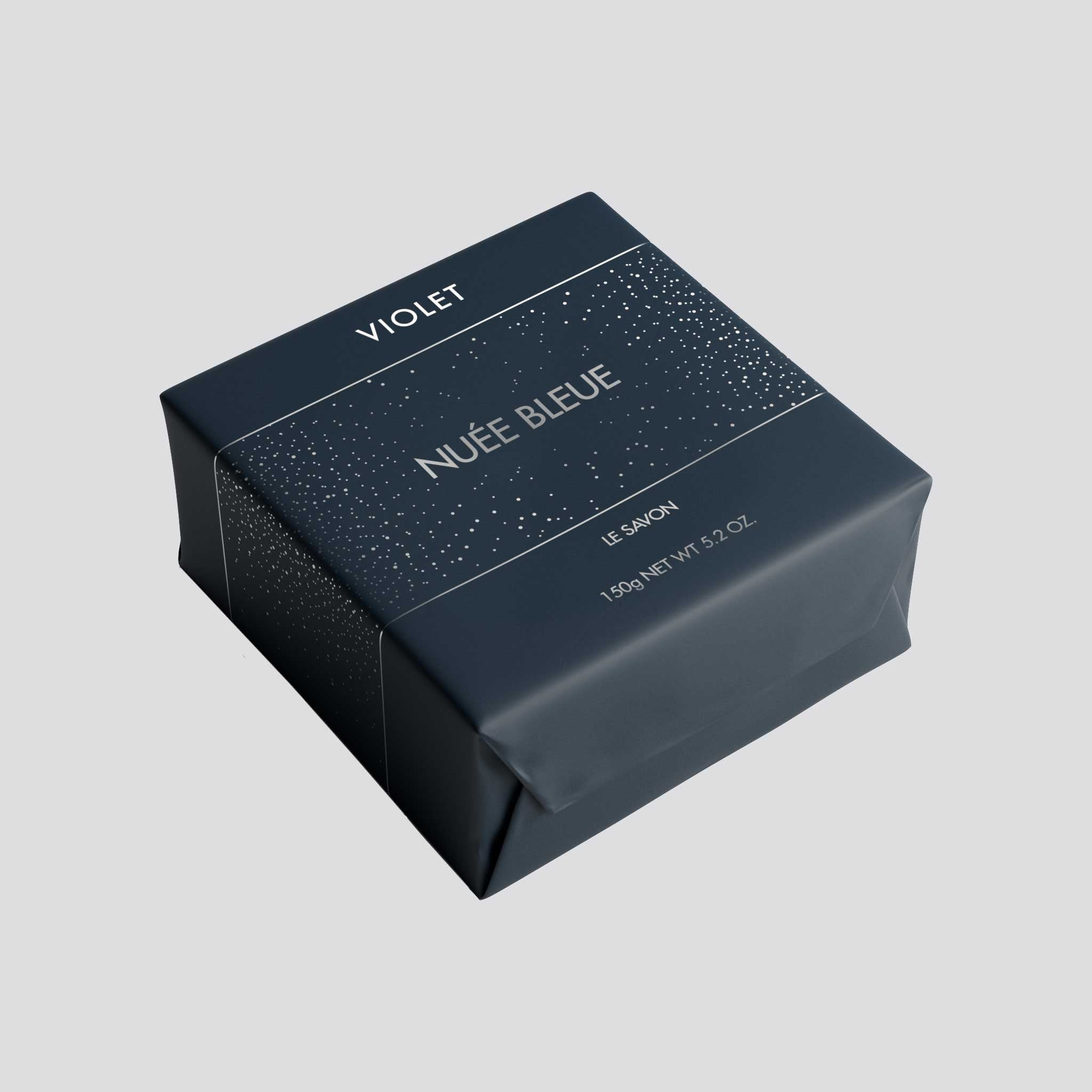

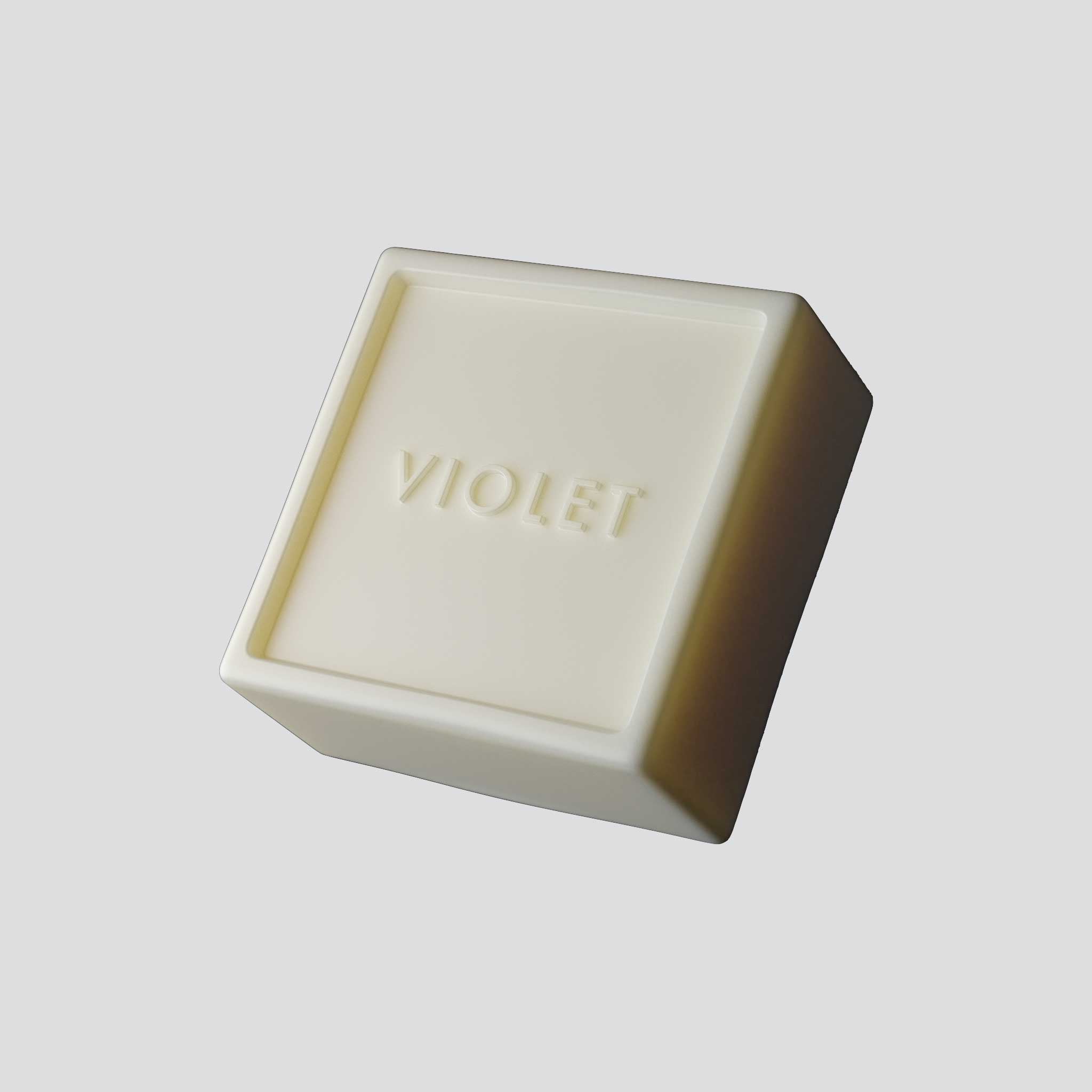



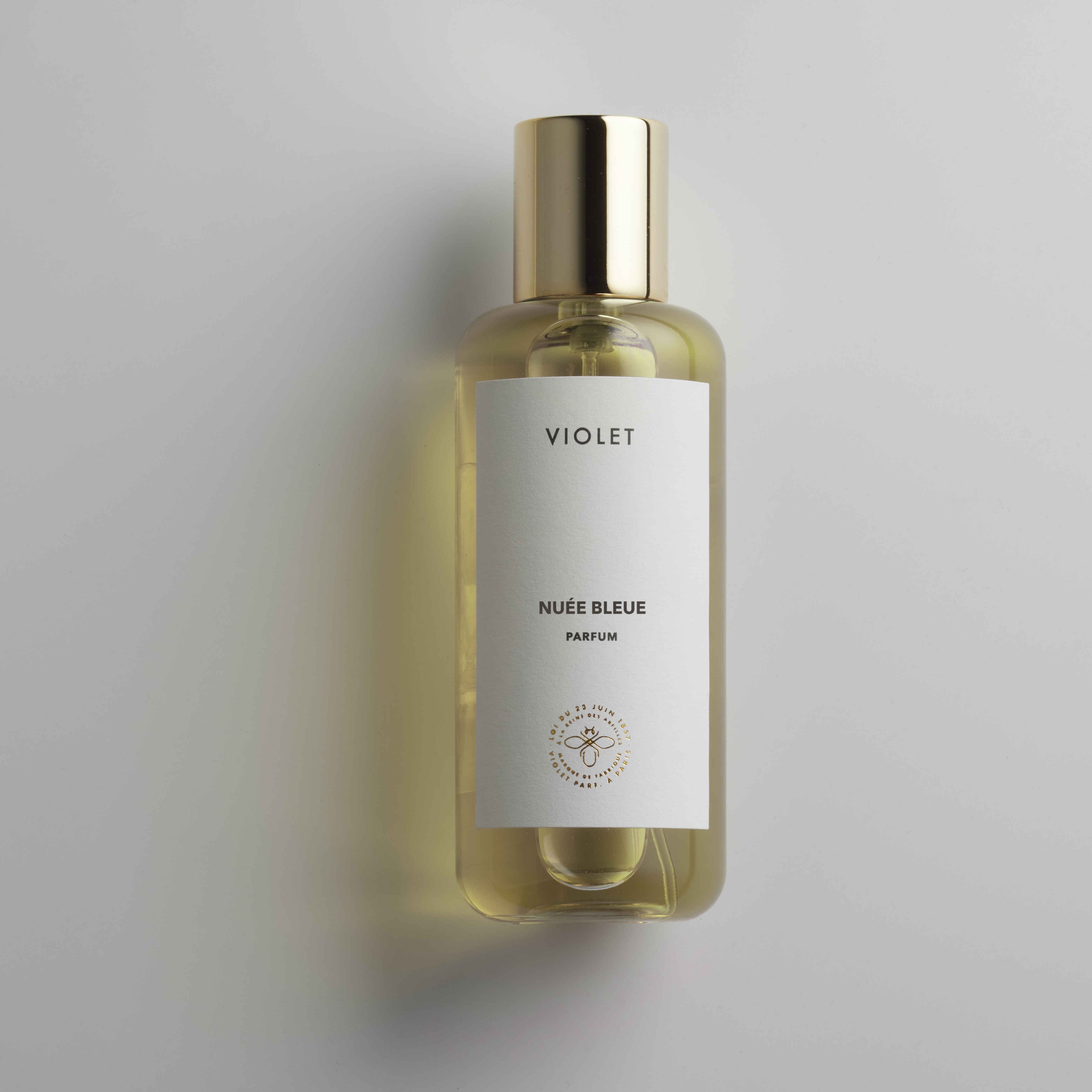
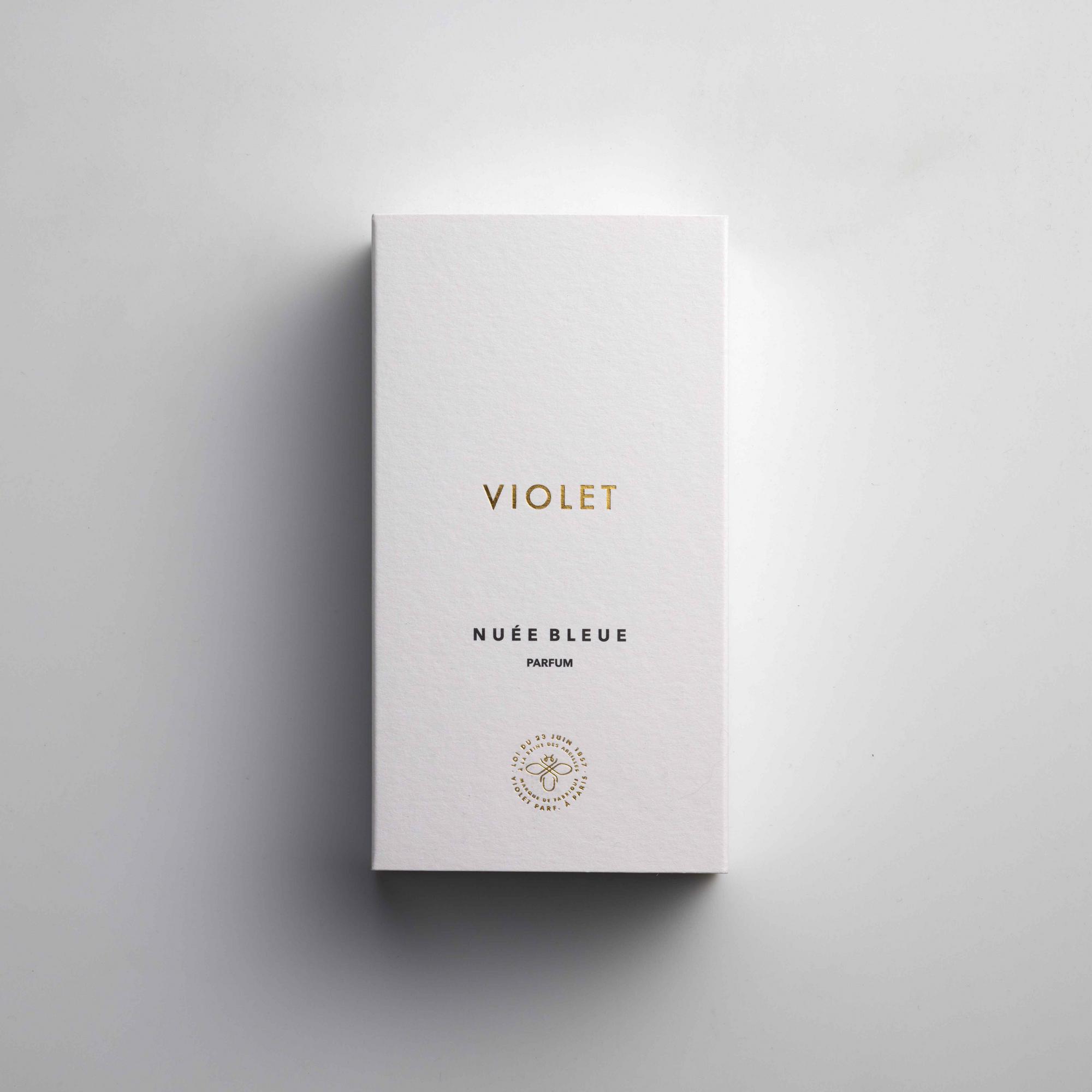
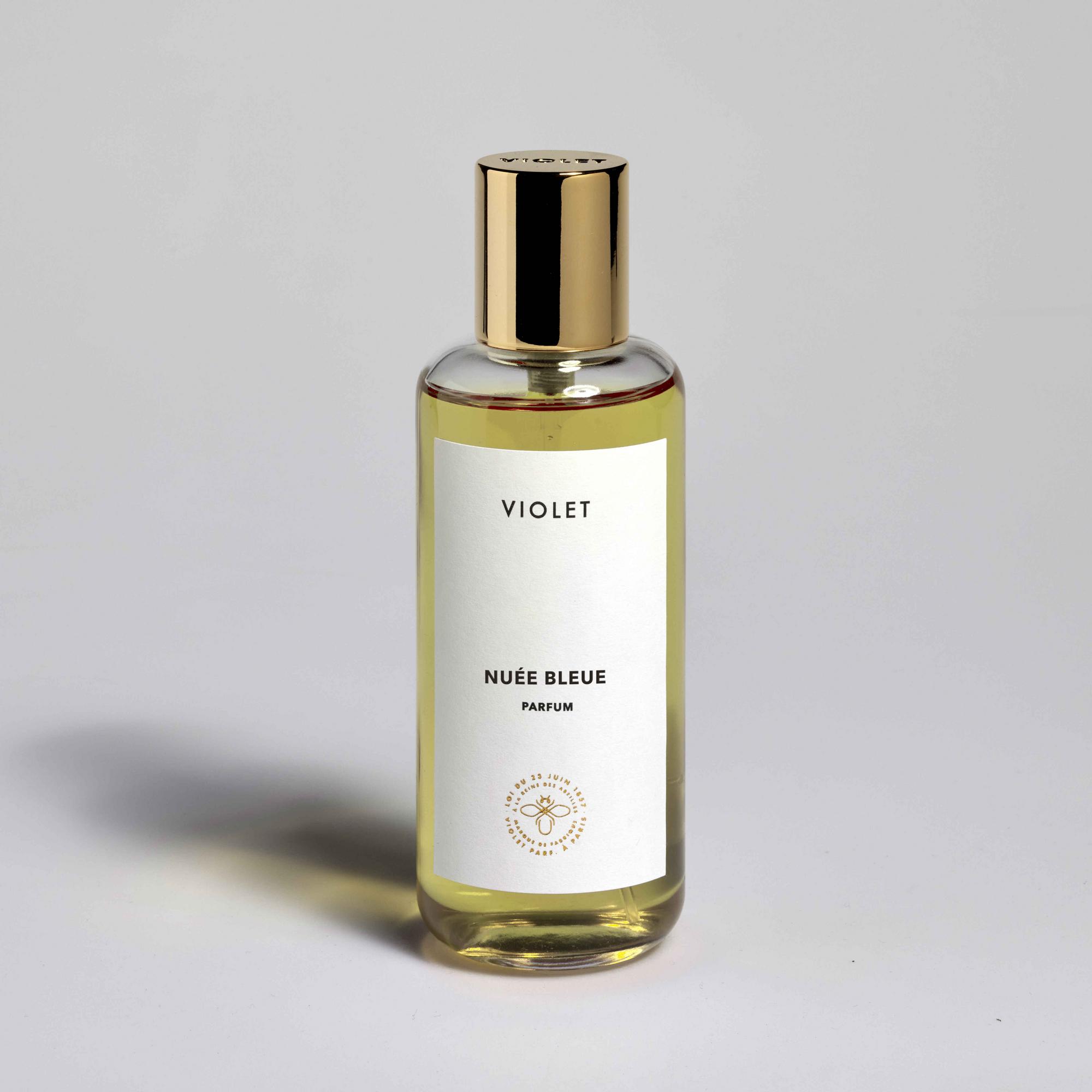
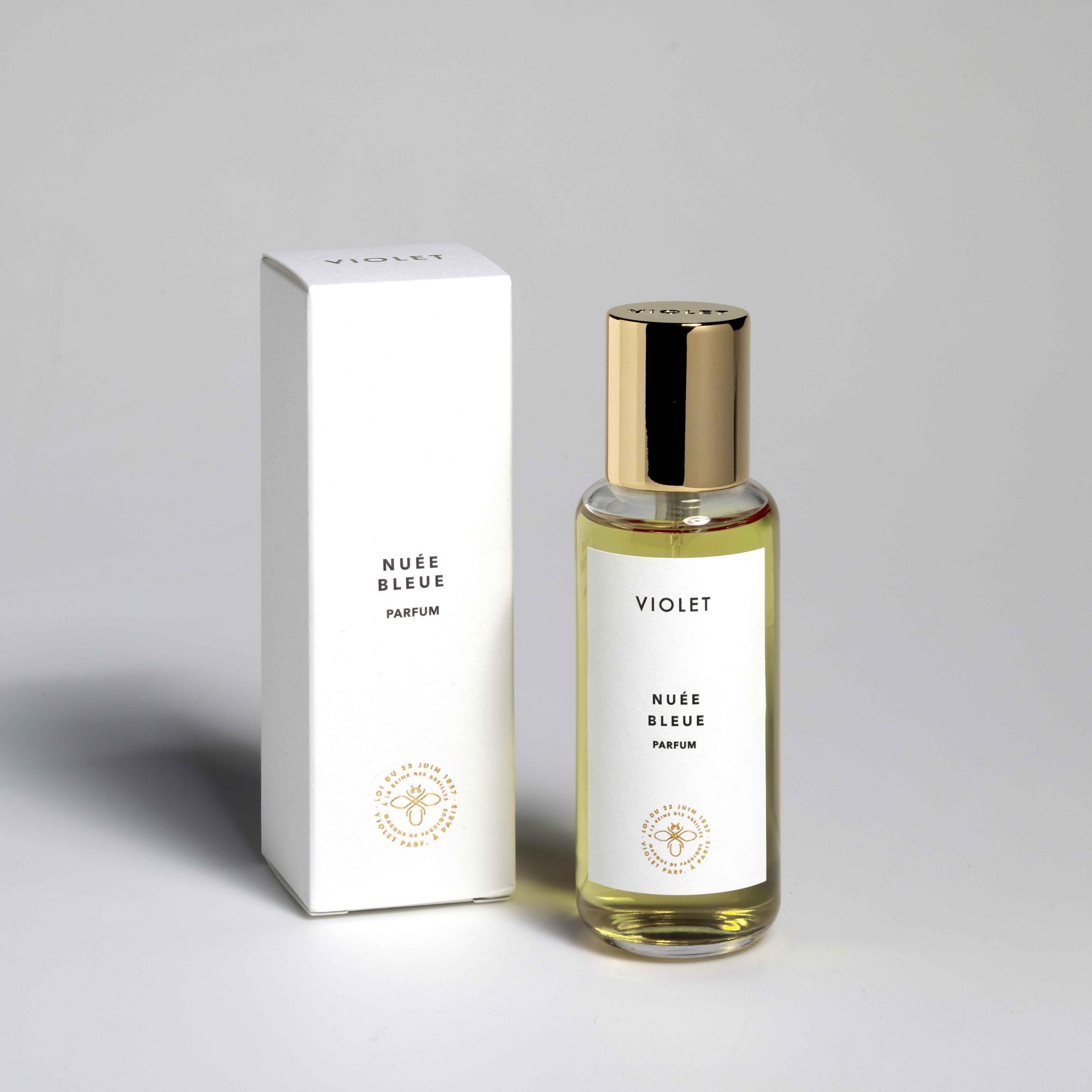





OUR COMMITMENTS
At VIOLET, we design our products with the goal of minimizing their environmental impact. Our first step was to choose a solid form. Not only does this align with traditional practices, but solid soaps are also less polluting than liquid alternatives. This choice helps us avoid unnecessary plastic packaging, which is harmful to the environment. Our soaps are wrapped in sustainably sourced, recyclable, and FSC-certified paper.
To put this into perspective, 186 million bottles of shower gel are sold annually in France. According to ADEME, including shampoos, these products generate 16,000 tons of packaging each year, with only 40% being recycled. Additionally, due to the environmental damage caused by the overexploitation of palm oil, we use copra and sunflower oils as the base for our soaps.
Moreover, we collaborate with local partners. Our manufacturer in Lorraine uses sunflower oil from French fields, significantly reducing the carbon footprint associated with transportation.

A HISTORICAL SOAP FACTORY
Before perfume, the reputation of Violet perfumery was established by another product: soap. In 1828, VIOLET and GUENOT, two Paris-based partners, patented a new type of cosmetic: a soap made with thridace. Despite its complex name, thridace refers to a natural ingredient—lettuce sap. Today, Violet reconnects with its origins by offering a modern take on an iconic product that once defined the House’s renown.
"Soap is one of the most important products in perfumery. Consequently, the House of Violet, whose soap products are renowned both in France and internationally, remains dedicated to their meticulous preparation and continuous improvement."
Le Charivari, November 8, 1879


